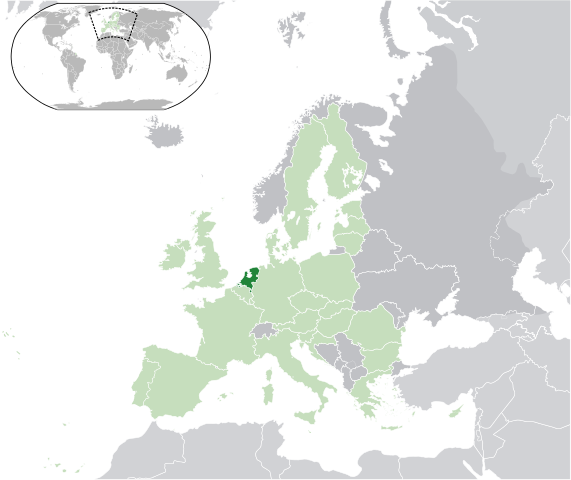
The venture capital industry is becoming a major force again, and pension funds are the major driver of the resurgence. From Businessweek:
Public pension funds—the state-run investment pools responsible for the retirement benefits of nearly 20 million Americans—have quietly been funding the recent boom in venture capital. The investment pools are made up of tax dollars and contributions from state employees. For the last few years, they have made up the biggest single source of funds flowing to venture capital, according to the most recent Dow Jones Private Equity Analyst Sources of Capital survey. In 2014, they contributed 20 percent of the sector’s overall haul, down slightly from a 25 percent contribution in 2013.
Indiana’s Public Retirement System allocates (PDF) 1.6 percent ($363 million) to venture capital, which is on the higher end as a percentage of assets; the California Public Employees’ Retirement System (CalPERS) allocates a more typical half percent of assets, although the fund is so big that this meager fraction totaled $1.8 billion in 2013. The amounts are small enough that if pension funds’ entire venture capital investments were to evaporate, pensioners would still be all right. In most states, pension obligations are guaranteed by state constitutions. If the investments—in venture capital or anything else—don’t pay off, taxpayers are on the hook for the shortfall.
But there’s a problem: some of the best venture capital funds don’t want to do business with public pension funds. From Businessweek:
Because public pensions must be transparent about their investments, which are subject to the Freedom of Information Act, many top-performing venture capital funds won’t accept pension money; they don’t want to publicly disclose their portfolios. This makes public pensions pick from other—often lesser-performing—funds.
Like hedge funds and other kinds of private equity, venture capital funds charge an annual management fee of 2 percent, plus 20 percent of profits. Performance is an open question. Many funds fail to perform (PDF) as well as an Standard & Poor’s 500-stock index fund. Diane Mulcahy,senior fellow at the Kaufmann Foundation, has observed that many venture capital funds aren’t profitable and that steady fee income diminishes the funds’ incentive to find profitable investments.
Other institutional investors are funding the VC resurgence, as well. Endowment funds provided the VC industry with 17 percent of its capital in 2014, according to the Dow Jones survey. Corporate pension funds accounted for 7 percent, while union pension funds accounted for 2 percent.
Photo by c_ambler via Flickr CC License

